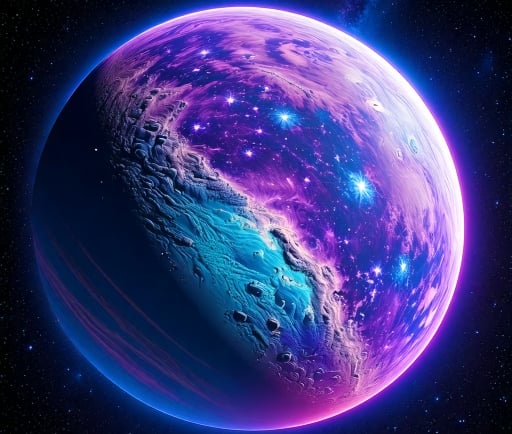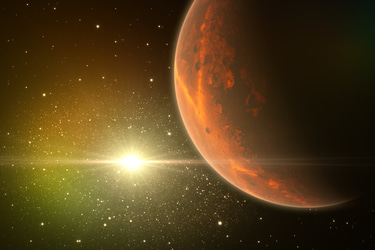HD 156668 C: A Neptune-like Exoplanet in the Hercules Constellation


Introduction to HD 156668 C
In the vast expanse of the universe, exoplanets continue to intrigue astronomers and astrophysicists alike. Among these, HD 156668 C stands out as a remarkable Neptune-like exoplanet, located in the northern constellation of Hercules. With a mass approximately 31.5 times that of Earth, this planet offers a wealth of information about planetary formation and the diverse types of worlds that exist beyond our solar system.
Orbital Characteristics and Duration
HD 156668 C completes an orbit around its host star in about 2.2 Earth years. This relatively short orbital period, compared to other planets, presents unique opportunities for studying its atmospheric properties and potential climatic conditions. The orbital dynamics of such Neptune-like exoplanets have implications for understanding their evolution and the influence of their respective star systems.
The Significance of Neptune-like Exoplanets
Neptune-like planets, such as HD 156668 C, play a crucial role in expanding our understanding of planetary diversity. Their characteristics offer insights into the transition between gas giants and terrestrial planets, presenting a hybrid model that can influence theories regarding planetary development. By studying the atmospheric compositions, magnetic fields, and potential for moons around these exoplanets, researchers aim to uncover the conditions that may support life and the factors that dictate habitability.
Furthermore, the exploration of HD 156668 C contributes to broader astrophysical inquiries, including the dynamics of planetary systems, migration patterns influenced by gravitational interactions, and the history of formation within its stellar neighborhood.
In conclusion, HD 156668 C exemplifies the diverse array of exoplanets that populate our universe. Its unique mass, orbit, and position in the Hercules constellation create a tapestry of data that continues to inspire scientific examination and marvel. As we forge ahead into new astronomical discoveries, planets like HD 156668 C will remain central to our quest for understanding the cosmos.
